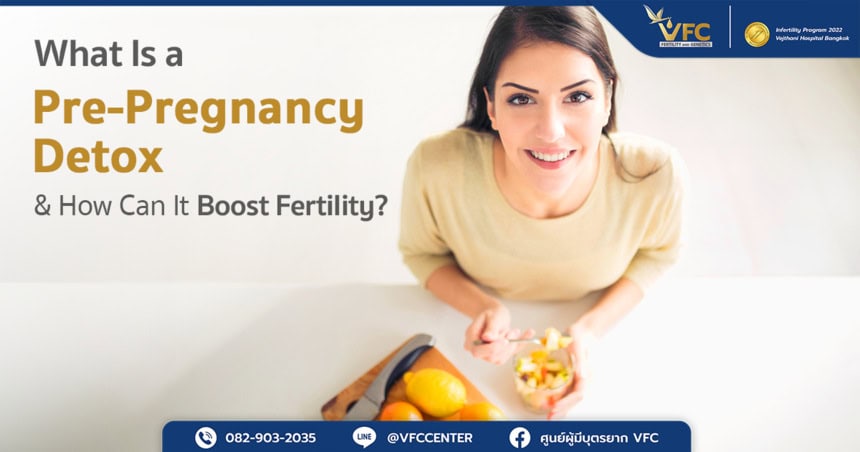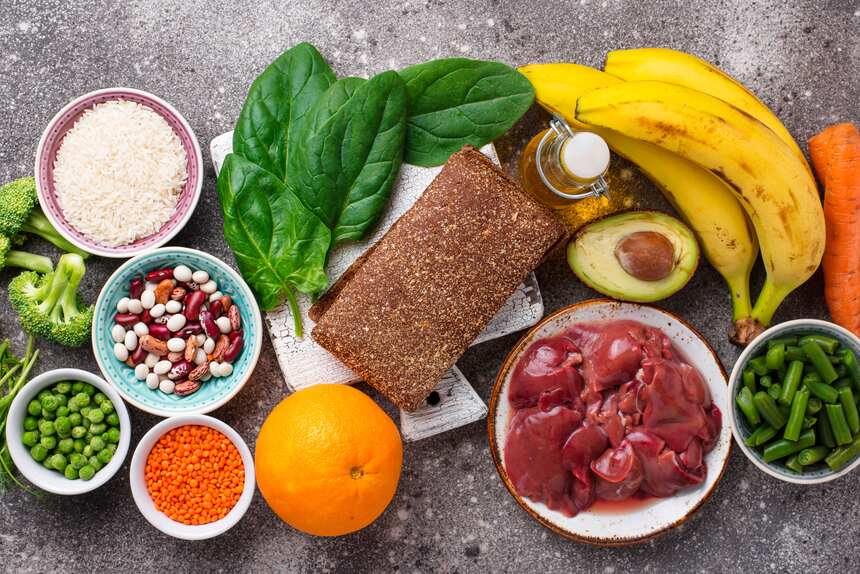
Pre-pregnancy health is a concern for many who are planning to conceive. Pre-pregnancy detox is a way to reduce toxins, support fertility health, and prepare your body for conception. Many couples are exploring fertility cleansing to increase their chances of a successful pregnancy.
If you’re starting to prepare your body for pregnancy, learning about nutritious foods to help get pregnant would be useful. Let’s find out how a pre-pregnancy detox works and how it can benefit your reproductive health.
What Is a Pre-Pregnancy Detox?
A pre-pregnancy detox is a type of cleanse focused on supporting the body’s natural detoxification processes and promoting fertility. It mainly focuses on optimizing the liver and digestive and endocrine systems to balance and metabolize hormones like estrogen and help support conception.
A pre-pregnancy detox reduces the buildup of toxins in the body that may impact egg quality and uterine health. It doesn’t necessarily involve going on harsh diets or extreme fasting programs. While general detox programs can be aggressive or overly restrictive, a fertility cleanse is based on gentler methods meant to improve digestion and nutrient absorption to prepare the body for pregnancy.
What’s Included in a Pre-Pregnancy Detox?
A well-structured pre-pregnancy detox typically includes the following:
Nutritious Diet
Eating a clean, whole-food diet helps support detoxification. This means choosing fiber-rich foods like leafy greens, beans, and whole grains to improve digestion and organic fruits and vegetables to minimize exposure to pesticides or harmful chemicals. It also means eating healthy fats from sources like avocados, nuts, seeds, and olive oil, and drinking plenty of water to stay hydrated and flush out toxins from the body.
Targeted Supplements
Supplementing with specific nutrients can help enhance the benefits of a fertility-focused diet. Recommended nutrients include folate and folic acid for healthy egg and early pregnancy development and coenzyme Q10 for mitochondrial function, which affects egg quality and viability. Omega-3 fatty acids are helpful for hormone balance and inflammation control, while vitamin D supports ovarian function and immune health. It’s important to always consult with your fertility doctor before starting any supplement to ensure you’re getting the proper nutrients.
Cortisol Reduction
High cortisol levels, often caused by stress, can disrupt hormone production and negatively affect fertility. To lower stress and reduce cortisol levels, engage in regular low-impact exercise like yoga, pilates, or walking. Practice mindfulness techniques like deep breathing or meditation, and have good sleep hygiene by getting 7 to 9 hours of sleep each night.
Benefits of a Pre-Pregnancy Detox
There are several advantages to fertility cleanses, such as:
Hormonal Balance
The liver is important in metabolizing and regulating estrogen and other reproductive hormones. Improving liver function through detox can help maintain a healthy hormonal environment.
Improved Egg Quality
Oxidative stress and exposure to environmental toxins can negatively affect egg health. A fertility cleanse reduces these harmful influences, giving your eggs the best possible condition to develop properly.
Uterine Health
A strong, healthy uterus is necessary for supporting early pregnancy. Reducing inflammation and improving blood flow to the uterus can make the endometrial lining more receptive to egg implantation.
When to Start a Fertility Cleanse
The ideal time to start a pre-pregnancy detox is two to three months before trying to conceive. This period gives your body time to eliminate toxins, rebalance hormones, and rebuild healthy cells, including your eggs, which take about 90 days to mature.

Who Should Consider a Pre-Pregnancy Detox
A fertility cleanse can be helpful for women with irregular menstrual cycles or hormonal imbalances and individuals with a history of infertility or miscarriage. Couples preparing for fertility treatments like IVF or IUI may benefit from this detox program. Anyone who wants to boost their fertility and overall reproductive health naturally can also do this detox.
What to Avoid During a Detox
It’s important to be cautious when preparing for a pre-pregnancy detox. You need to avoid extreme detox programs or diets that can deplete essential nutrients, over-the-counter or unregulated detox teas and herbal supplements, and trends or DIY detox programs that don’t have sufficient scientific backing.
Avoiding alcohol and smoking is especially critical when preparing your body for pregnancy, as they’ve been linked to poorer reproductive outcomes and increased risk of miscarriage. Alcohol consumption can interfere with hormonal balance and negatively impact both egg and sperm quality. Meanwhile, smoking, including secondhand smoke, can damage reproductive cells, reduce fertility rates, and increase the risk of pregnancy complications.
Prioritize a healthy lifestyle for the best possible start to a healthy conception and pregnancy.
Always consult your physician before going on a detox; a fertility specialist can advise you on the best approach based on your health profile and needs.
Consult With a Specialist at V Fertility Clinic
V Fertility Clinic has over 15 years of experience in fertility care. We offer comprehensive infertility screening, expert consultation with personalized pre-pregnancy wellness plans, and advanced fertility technology and techniques.
Our specialists will guide you through your fertility cleanse and recommend safe and effective strategies to help you conceive and support a healthy pregnancy. Contact V Fertility Clinic to schedule a pre-pregnancy consultation.
Article by Dr.Sorramon Songveeratham
Sources:
https://www.nutritionist-resource.org.uk/articles/what-should-i-know-before-getting-pregnant

OBSTETRICS AND GYNAECOLOGY-REPRODUCTIVE MEDICINE





No Comments
Sorry, the comment form is closed at this time.